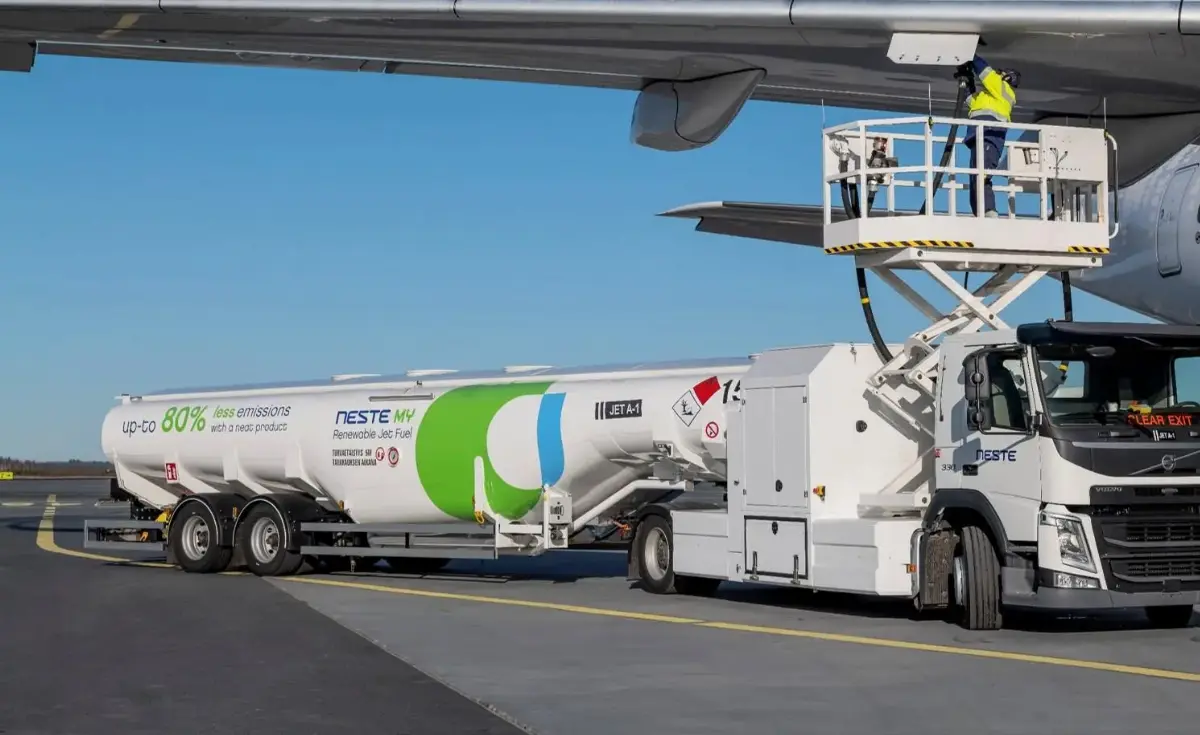
Do you want to access to this and other private contents?
Log in if you are a subscriber or click here to request service
SAF fuel could reduce microparticles
Result of a joint study between a research centre, an airline and an oil company

Using Sustainable Aviation Fuel (SAF) could reduce ultrafine particle emissions by 30% compared to traditional kerosene. This is what emerges from a joint study on air quality conducted by the German aerospace center DLR, Copenhagen airport, the airline Scandinavian Airlines and the oil company BP."It is the first time that such extensive measurements have been conducted in a real airport environment,...
Gic - 1254626
AVIONEWS - World Aeronautical Press Agency
AVIONEWS - World Aeronautical Press Agency